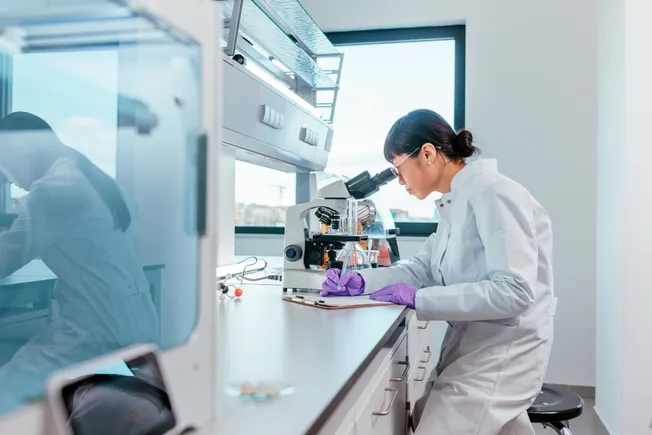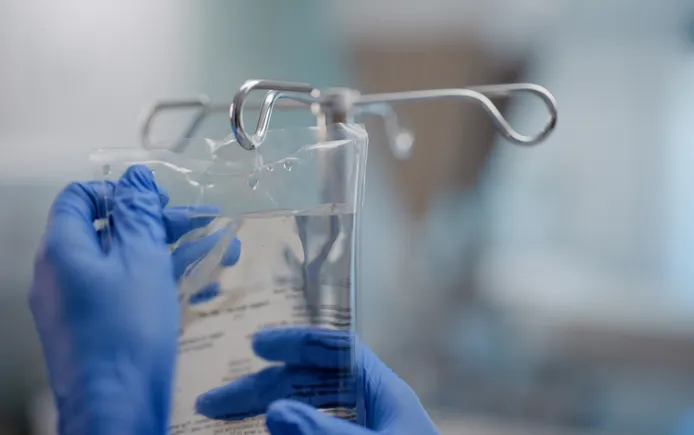Cancer drugmaker LaNova to sell to China’s Sino Biopharm


Dive Brief:
- LaNova Medicines, a cancer drugmaker that previously licensed medicines to Merck & Co. and AstraZeneca, has agreed to be acquired by Sino BioPharmaceutical in a deal worth up to $950.9 million.
- In an agreement disclosed Tuesday, Sino BioPharm will buy the approximately 95% of LaNova it doesn’t already own. Accounting for LaNova’s cash holdings, the net payment made by Sino Biopharm will total about $500 million.
- Once the deal is complete, LaNova will become a wholly owned subsidiary of Sino Biopharm, which previously invested in LaNova’s Series C1 financing that was announced last October.
Dive Insight:
LaNova was founded in Shanghai a little less than six years ago. In the time since, it has built a pipeline that includes eight clinical-stage compounds, including two licensed by AstraZeneca and Merck & Co. in 2023 and 2024 deals, respectively.
The company’s emergence parallels the rapid gains made by China’s biotech sector, which in the span of a decade has gone from a copycat factory to an innovative hub that regularly designs drugs attractive to multinational pharmaceutical firms in the U.S. and Europe.
AstraZeneca’s deal involved an antibody-drug conjugate, or ADC, that LaNova designed to bind GPRC5D, a protein target rising on the radar screens of companies developing medicines for multiple myeloma. That pact handed LaNova $55 million upfront.
Then, last November, Merck bought rights to LaNova’s LM-299, a bispecific antibody aimed at the cancer drug targets PD-1 and VEGF. This kind of antibody is newly of interest after the success of ivonescimab, a similarly structured drug that outperformed Merck’s dominant immunotherapy in a head-to-head lung cancer study. Merck paid LaNova $588 million in upfront cash to license LM-299.
Beyond those two medicines, LaNova is also testing an antibody targeting the protein CCR8 for use in gastric cancer and other solid tumors, as well as an ADC aimed at Claudin 18.2. The latter drug is in Phase 3 trials in China, while the former is in Phase 2.
This post has been syndicated from a third-party source. View the original article here.




